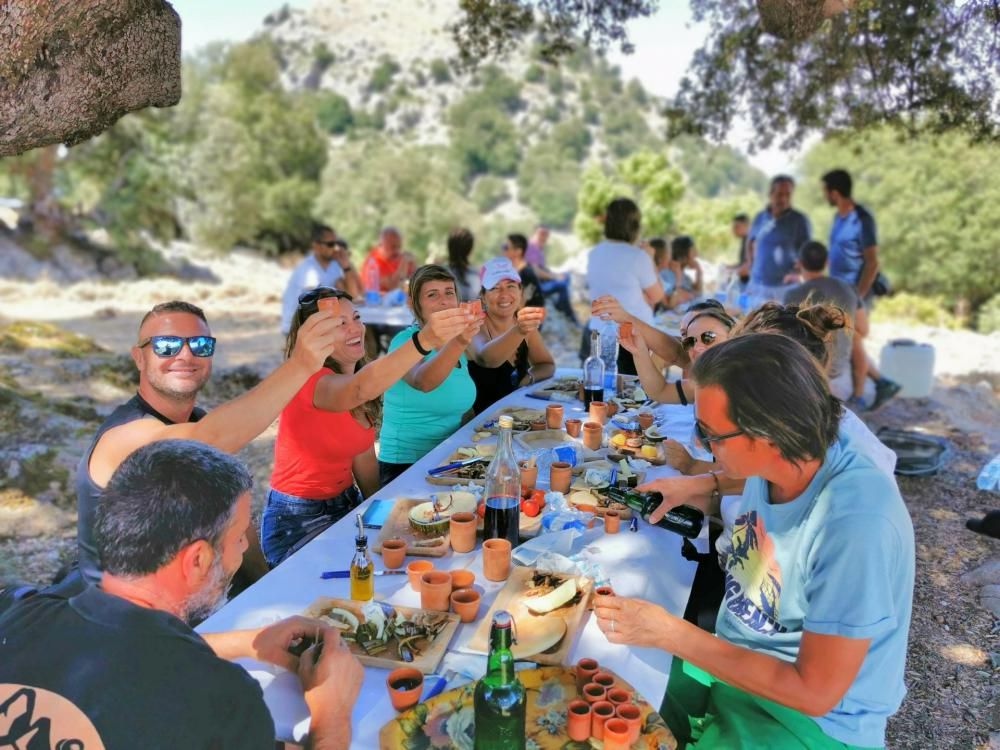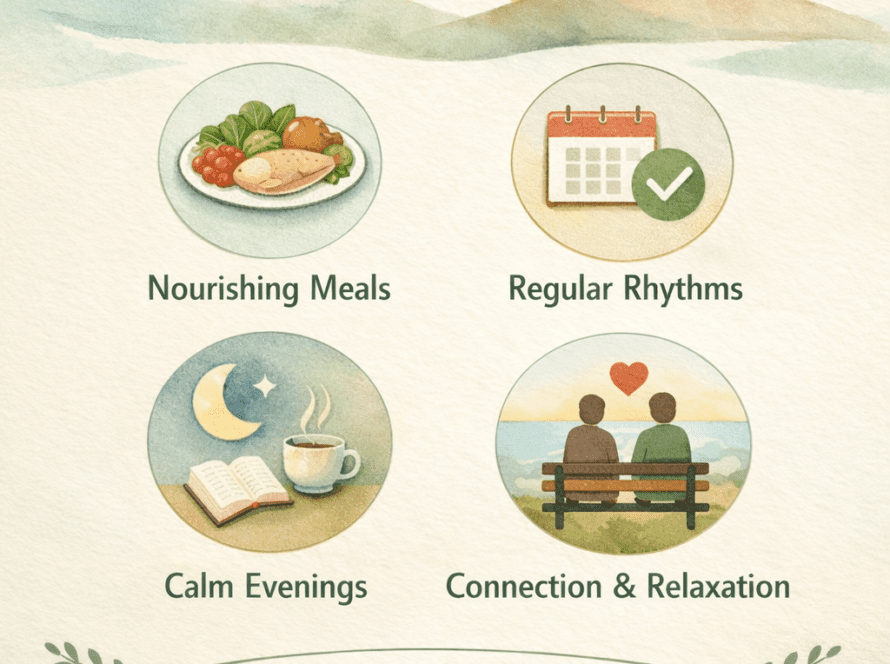Discover how staying socially active can help prevent Alzheimer’s. Explore the science behind connection and cognitive health, plus practical ways to boost your social life naturally.
The Power of Connection in Alzheimer’s Prevention
While diet, sleep, and avoiding toxins like fluoride and UPFs (ultra-processed foods) are critical in supporting brain health, there’s another crucial piece of the puzzle—human connection.
Increasing evidence shows that social isolation is linked to a significantly higher risk of developing Alzheimer’s disease and other forms of dementia. According to Alzheimer’s Research UK, people who experience chronic loneliness have a 26% higher risk of cognitive decline.
In contrast, being part of a community, maintaining friendships, and engaging in regular, meaningful interactions appear to build cognitive resilience.
Why Is Social Engagement So Important for the Brain?
Social interaction exercises your brain in complex ways:
- Conversation activates memory, language, and attention.
- Social plans promote organisation and planning skills.
- Emotional connection reduces cortisol, the stress hormone, which can impair cognitive function over time.
In essence, social activity is like a workout for your brain—keeping it flexible, engaged, and responsive.
What the Blue Zones Teach Us About Community and Longevity
In the world’s five Blue Zones—Ikaria (Greece), Sardinia (Italy), Okinawa (Japan), Nicoya (Costa Rica), and Loma Linda (California)—strong social bonds are a cornerstone of daily life.
These populations live longer and experience significantly lower rates of Alzheimer’s and dementia. A key factor? They prioritise connection. Whether it’s shared meals, walking clubs, or multi-generational households, their lifestyle revolves around belonging and community.
This is a powerful lesson for us all.
Simple Ways to Stay Socially Active—Naturally
Here are practical ideas to boost your social life and protect your brain:
- Join a walking or fitness group in your area.
- Volunteer for a cause you care about.
- Start a cooking or gardening club—share meals and swap tips.
- Schedule regular calls or meet-ups with friends or family.
- Limit excessive screen time and prioritise real-life interaction.
And for those living alone, consider fostering deeper connections with neighbours or local groups. Even brief, positive interactions can help keep your brain engaged and healthy.
The Takeaway
Alzheimer’s prevention isn’t only about what you eat or avoid—it’s also about how you live and connect. As we continue our journey through Alzheimer’s Awareness Month, remember that connection is not a luxury—it’s a necessity for long-term brain health.
Build your tribe, nourish your relationships, and give your brain the social stimulation it craves.
Written by Milvia Pili (FNTP)
Registered Nutritional Therapist
Founder of Blue Zone Nutrition



